Home>Kitchen & Cooking>Food Storage Solutions>How To Organize Medicines
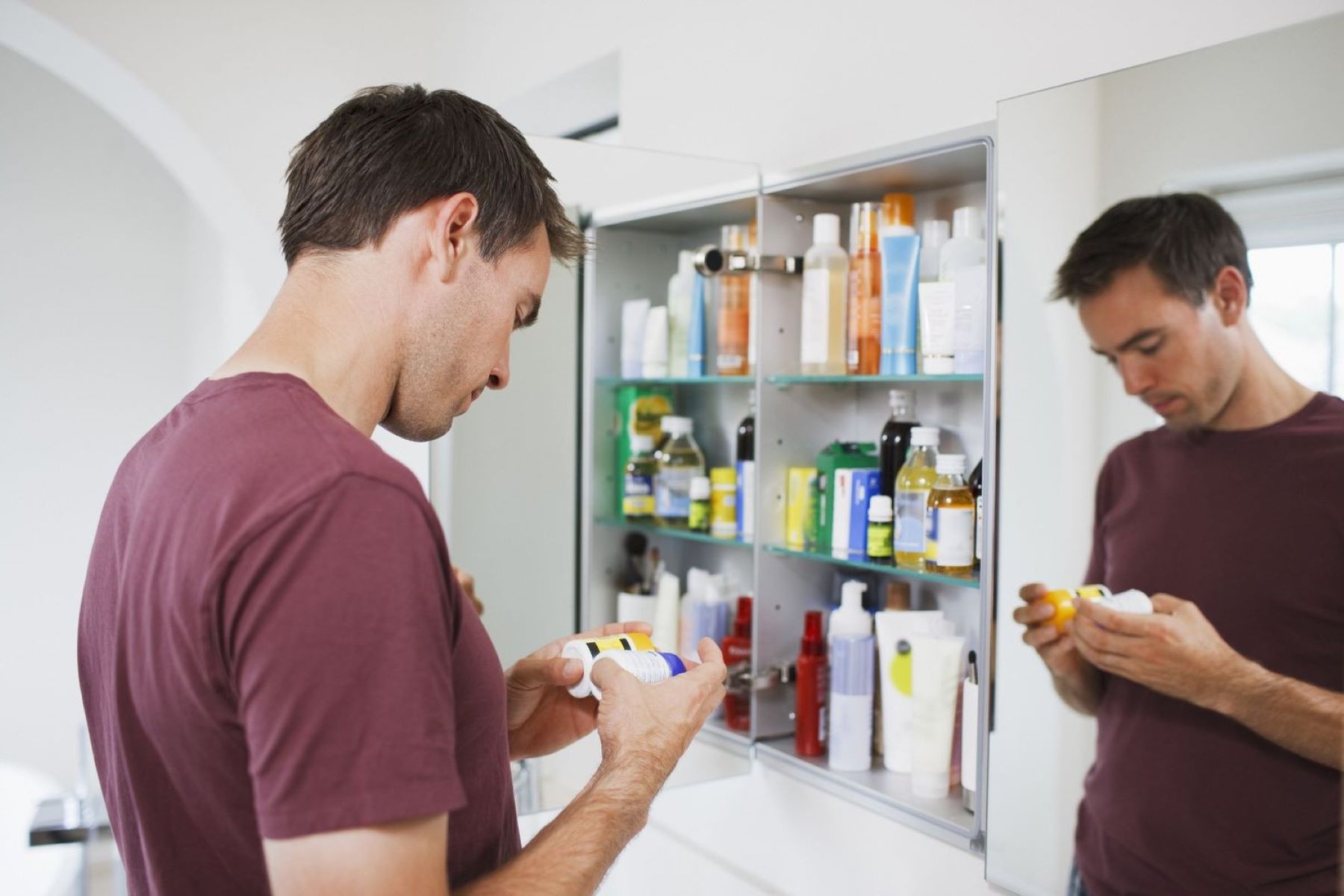

Food Storage Solutions
How To Organize Medicines
Modified: August 28, 2024
Discover effective food storage solutions and tips for organizing medicines to keep your home tidy and safe. Learn how to create a functional and efficient storage system for your medications.
(Many of the links in this article redirect to a specific reviewed product. Your purchase of these products through affiliate links helps to generate commission for Storables.com, at no extra cost. Learn more)
Importance of Organizing Medicines
Organizing medicines is crucial for maintaining a safe and efficient healthcare routine. Whether you have a small collection of over-the-counter remedies or a complex regimen of prescription medications, keeping them organized can help prevent mix-ups, ensure proper dosages, and streamline your daily healthcare routine. By having a well-organized system in place, you can easily locate the medications you need, track expiration dates, and avoid potential health risks associated with taking the wrong medication or an expired one. Proper organization also helps in creating a safe environment, especially for households with children or pets, by keeping medications out of reach and out of sight.
Key Takeaways:
- Keep your medicines organized by sorting them by type, labeling containers, and using storage containers. This helps you find what you need, track expiration dates, and avoid taking the wrong medication.
- Create a medication schedule to manage multiple medications, use a pill organizer, set reminders, and store medicines safely to prevent accidental ingestion by children or pets.
Read more: How To Organize A Medicine Closet
Sorting Medicines by Type
When it comes to organizing your medications, sorting them by type is a fundamental step. This process involves categorizing your medications based on their purpose, such as pain relief, cold and flu, allergies, or prescription medications. Here are some tips to help you effectively sort your medicines by type:
-
Separate by Usage: Begin by separating your medications based on their intended use. Group together pain relievers, cough and cold medications, digestive aids, and any other over-the-counter remedies. For prescription medications, create separate categories for each family member if necessary.
-
Labeling: Once you have sorted your medications, consider labeling the containers or storage areas to make it easier to identify each category. This can be especially helpful if you have multiple people in the household taking different medications.
-
Storage Containers: Use separate storage containers or compartments for each category of medication. This could be a designated drawer, cabinet, or shelf for each type of medication, or you can use labeled bins or baskets to keep everything organized.
-
Consider Frequency: For medications that are used frequently, keep them easily accessible. This might include pain relievers, vitamins, or daily prescription medications. Less frequently used medications can be stored in a separate area to reduce clutter in your primary storage space.
By sorting your medicines by type, you can easily locate what you need, avoid confusion, and ensure that you have a clear understanding of your medication inventory. This approach also helps in identifying when you are running low on a specific type of medication, making it easier to restock when necessary.
Creating a Medication Schedule
Creating a medication schedule is essential for managing multiple medications and ensuring that each dose is taken at the right time. Here's how to establish an effective medication schedule:
-
Consult with Healthcare Provider: Before creating a medication schedule, consult with your healthcare provider to understand the specific timing and dosage requirements for each medication. They can provide guidance on how to space out doses and whether certain medications should be taken with food or on an empty stomach.
-
Use a Pill Organizer: Invest in a pill organizer with compartments for each day of the week and multiple times throughout the day. This can help you visually track which medications you need to take and when, reducing the risk of missing a dose or accidentally doubling up.
-
Set Reminders: Use alarms or smartphone reminders to prompt you when it's time to take your medications. This can be especially helpful for individuals with busy schedules or those who may have difficulty remembering their medication times.
-
Create a Written Schedule: Consider creating a written schedule that outlines the specific times for each medication. This can be particularly useful for caregivers or family members who assist with medication management.
-
Sync Medication Times: If possible, try to align the timing of your medications to simplify your schedule. For example, if you have medications that need to be taken with breakfast, try to coordinate other morning doses at the same time.
-
Adapt as Needed: Be open to adjusting your medication schedule if you experience changes in your daily routine or if new medications are added. Flexibility is key to maintaining a consistent and effective medication schedule.
By creating a medication schedule, you can minimize the risk of missed doses, ensure proper spacing between medications, and maintain a structured approach to managing your healthcare needs. This proactive approach can contribute to better health outcomes and peace of mind.
Store medicines in a cool, dry place away from direct sunlight. Keep them out of reach of children and pets. Sort by type and label containers for easy access.
Storing Medicines Safely
When it comes to storing medicines, safety is paramount. Proper storage not only maintains the effectiveness of the medications but also prevents accidental ingestion by children or pets. Here are essential guidelines for safely storing your medicines:
-
Cool, Dry Location: Store medications in a cool, dry place to prevent degradation. Avoid areas with high humidity, such as bathrooms, as moisture can compromise the integrity of the medications.
-
Out of Reach: Keep medications out of reach of children and pets. Consider using high shelves or locked cabinets to ensure that only authorized individuals can access the medications.
-
Original Containers: Whenever possible, store medications in their original containers with the labels intact. This helps in identifying the medication, dosage, and expiration date, and provides essential information in case of emergencies.
-
Child-Resistant Packaging: When purchasing over-the-counter medications, opt for products with child-resistant packaging. This adds an extra layer of protection against accidental ingestion.
-
Secure Lids and Caps: Ensure that medication containers have secure lids and caps to prevent spills and exposure to air, moisture, or contaminants.
-
Separate Storage: Keep medications separate from household products such as cleaning supplies, to avoid confusion and accidental ingestion.
-
Avoid Extreme Temperatures: Medications should be kept away from extreme temperatures, including direct sunlight, as heat and light can affect their stability.
-
Medication Disposal: Properly dispose of medications that are no longer needed or have expired. Many pharmacies and local authorities provide safe medication disposal programs to prevent environmental contamination and accidental ingestion.
By following these guidelines, you can maintain the safety and efficacy of your medications, reduce the risk of accidental ingestion, and ensure that you have access to reliable and potent treatments when needed.
Disposing of Expired Medicines
Proper disposal of expired medicines is essential to prevent potential harm to individuals and the environment. Here's a detailed guide on how to safely dispose of expired medications:
-
Check Expiration Dates: Regularly go through your medication supply to identify any expired or unused medications. Check the expiration dates on each container, and set aside any that have passed their expiration date.
-
Follow Disposal Instructions: Some medications come with specific disposal instructions on their labels or patient information leaflets. Follow these instructions carefully, as they may provide guidance on how to safely dispose of the medication.
-
Consult Pharmacist or Healthcare Provider: If you are unsure about the proper disposal method for a specific medication, consult your pharmacist or healthcare provider. They can offer guidance based on the type of medication and any specific disposal regulations in your area.
-
Take-Back Programs: Many pharmacies, hospitals, or local law enforcement agencies organize medication take-back programs. These programs provide a safe and convenient way to dispose of expired or unused medications. Check with your local pharmacy or law enforcement agency to inquire about take-back programs in your area.
-
Household Trash: If a take-back program is not available, you can dispose of most expired medications in your household trash. However, it's important to take certain precautions:
- Disguise Medications: Mix the medications with an undesirable substance such as used coffee grounds, dirt, or cat litter. This helps deter accidental ingestion or misuse.
- Seal and Discard Containers: Place the mixture in a sealed container, such as a resealable plastic bag, and discard it in the household trash. Remove or obscure any personal information from the medication packaging before disposal.
-
Flush List: Certain medications, especially those with a high potential for abuse, carry specific disposal instructions that recommend flushing them down the toilet. This is to prevent accidental ingestion or misuse. However, it's important to follow these instructions only if they are explicitly provided on the medication label or by a healthcare professional.
-
Environmental Considerations: When disposing of medications, it's important to consider the potential environmental impact. Avoid flushing medications unless specifically instructed, as some medications can contaminate water sources. Additionally, never dispose of medications by pouring them down the drain or toilet unless instructed to do so.
By following these guidelines, you can safely and responsibly dispose of expired medications, reducing the risk of accidental ingestion, environmental contamination, and potential misuse. Proper medication disposal contributes to a safer and healthier living environment for everyone.
Frequently Asked Questions about How To Organize Medicines
Was this page helpful?
At Storables.com, we guarantee accurate and reliable information. Our content, validated by Expert Board Contributors, is crafted following stringent Editorial Policies. We're committed to providing you with well-researched, expert-backed insights for all your informational needs.
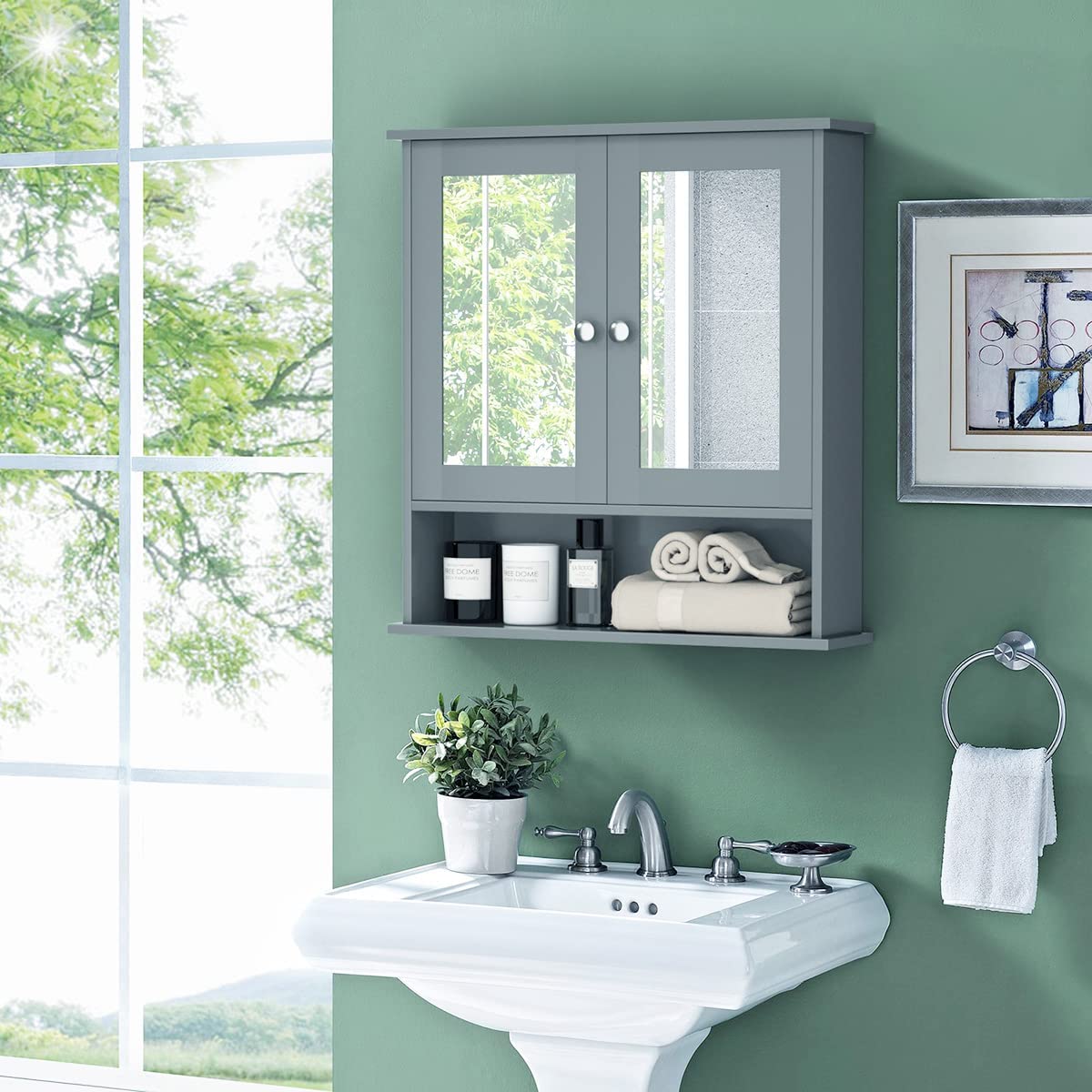


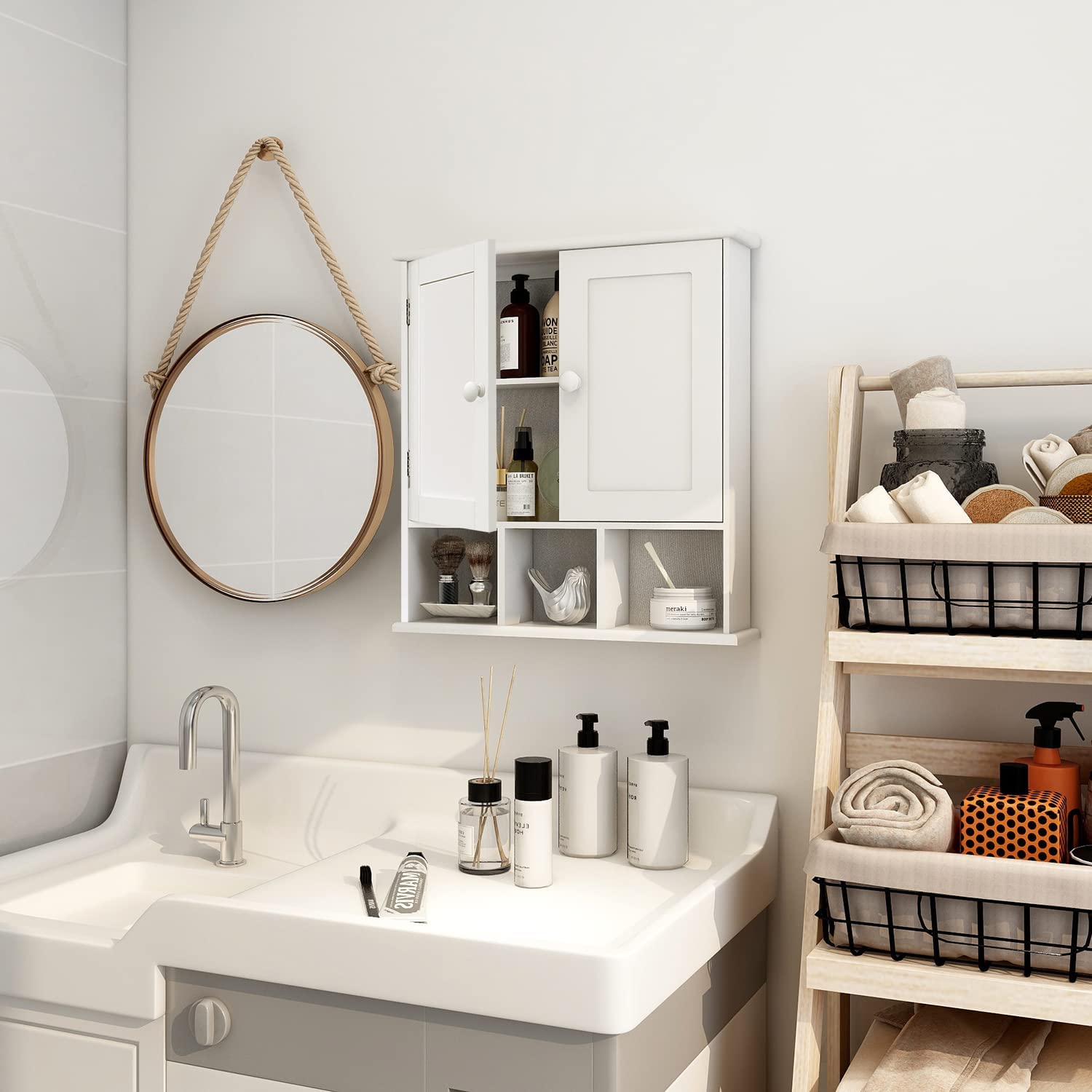
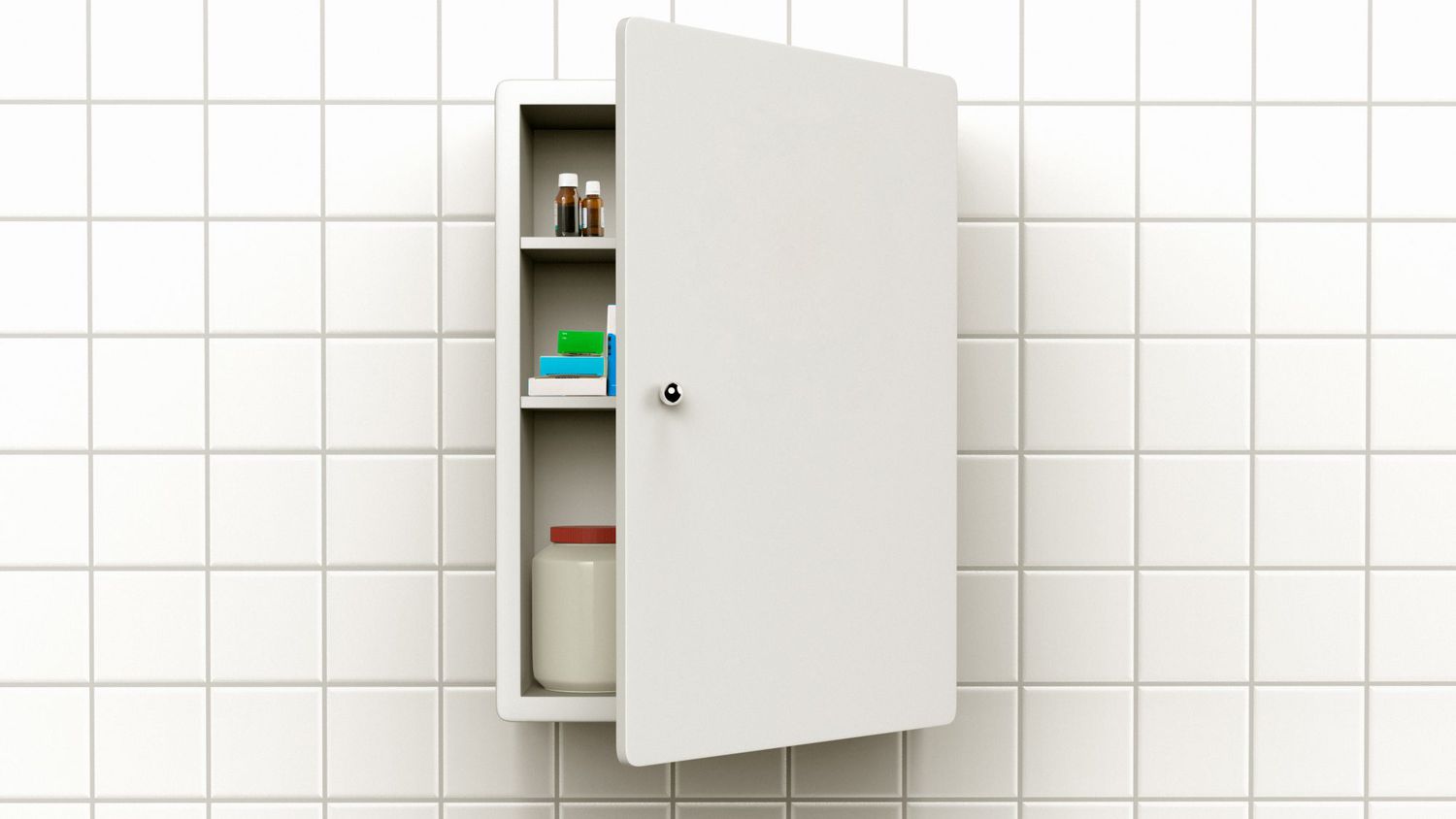
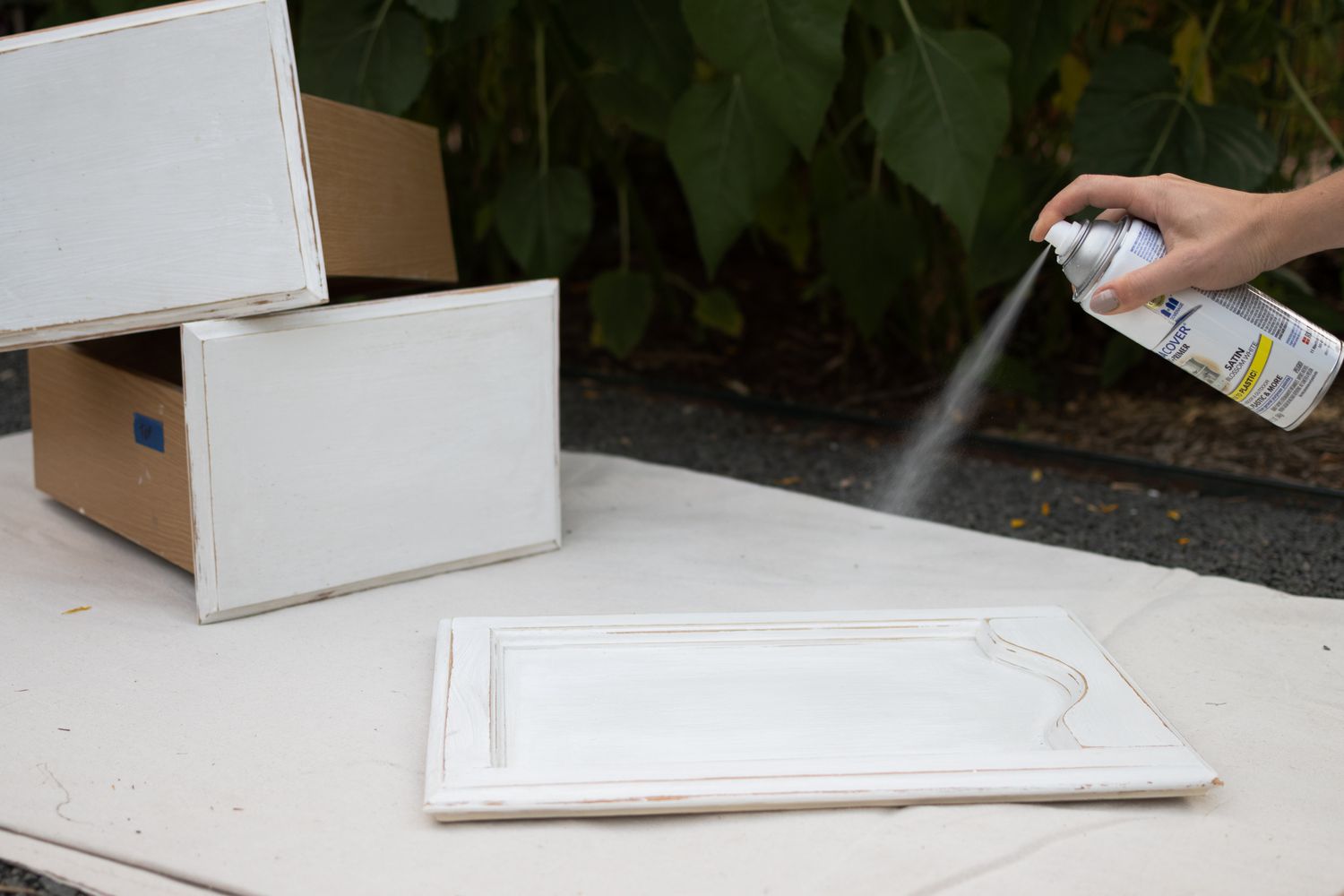
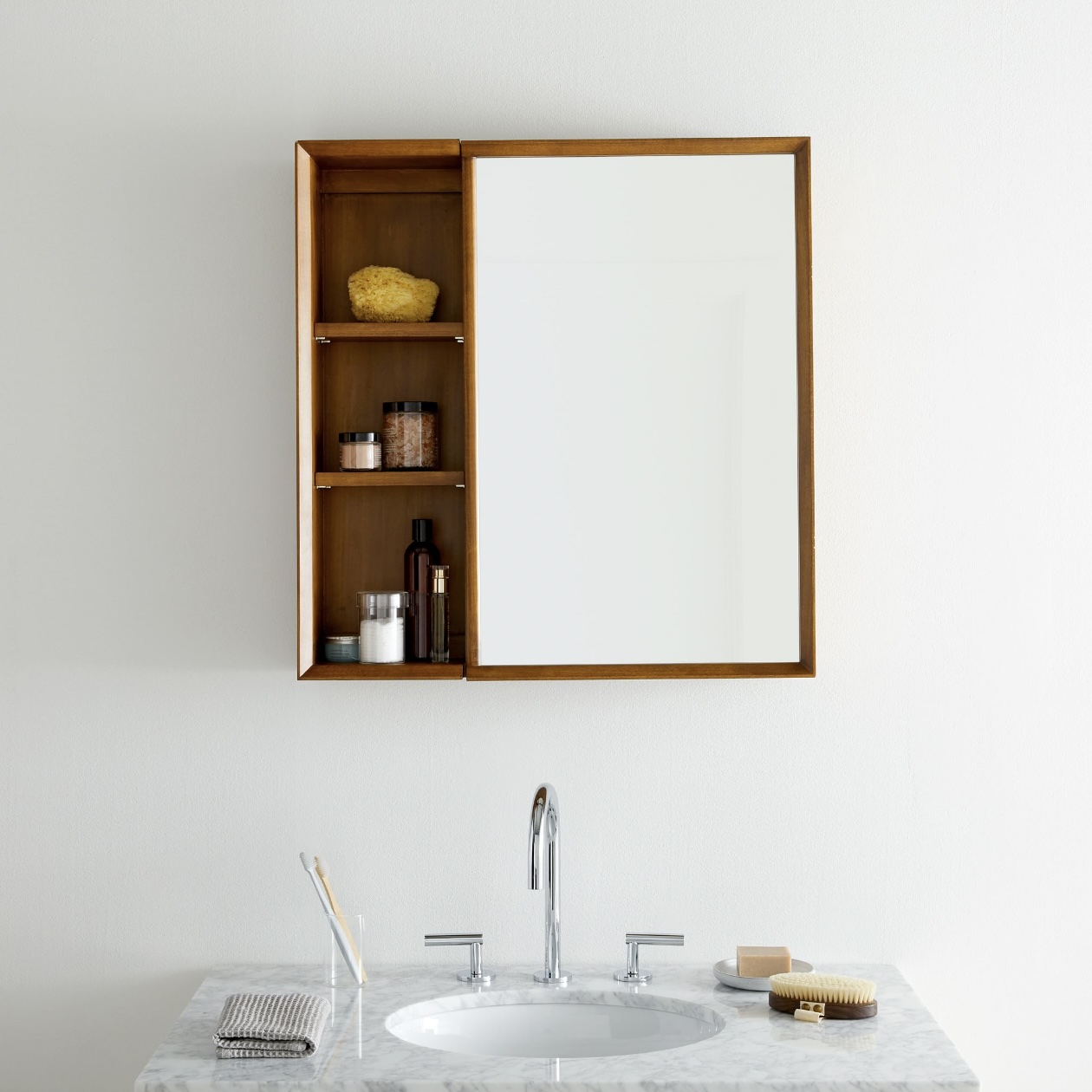
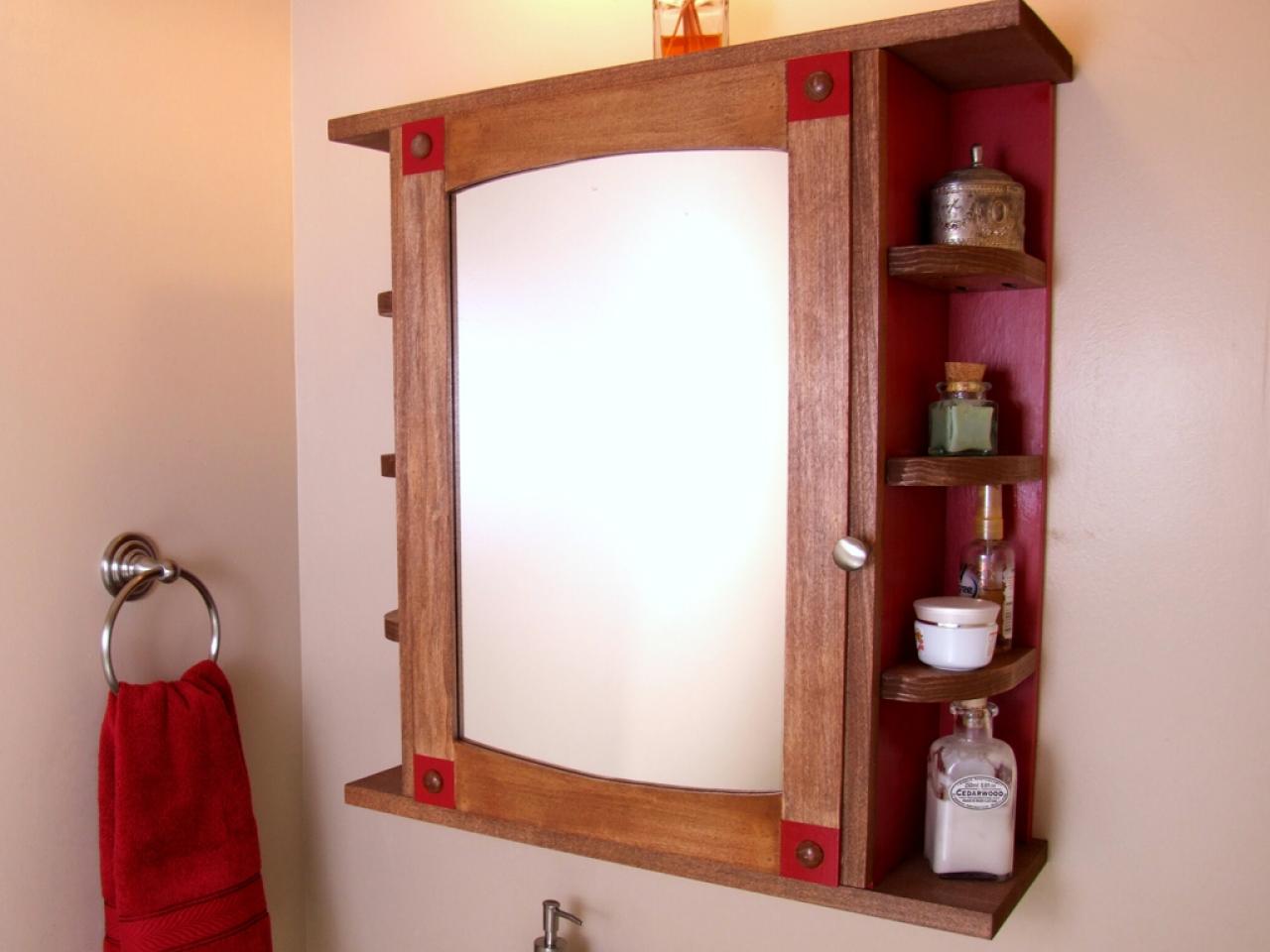
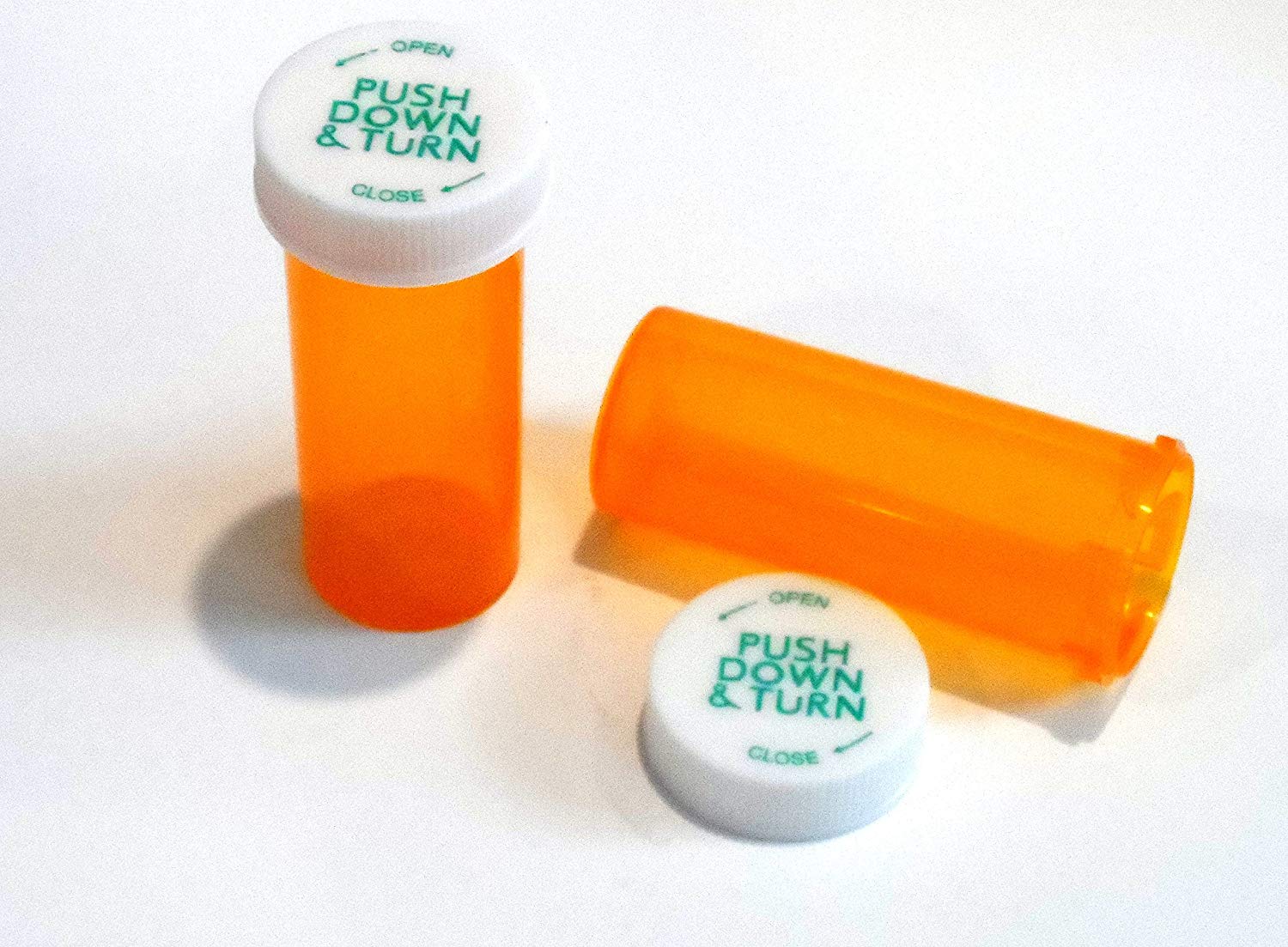
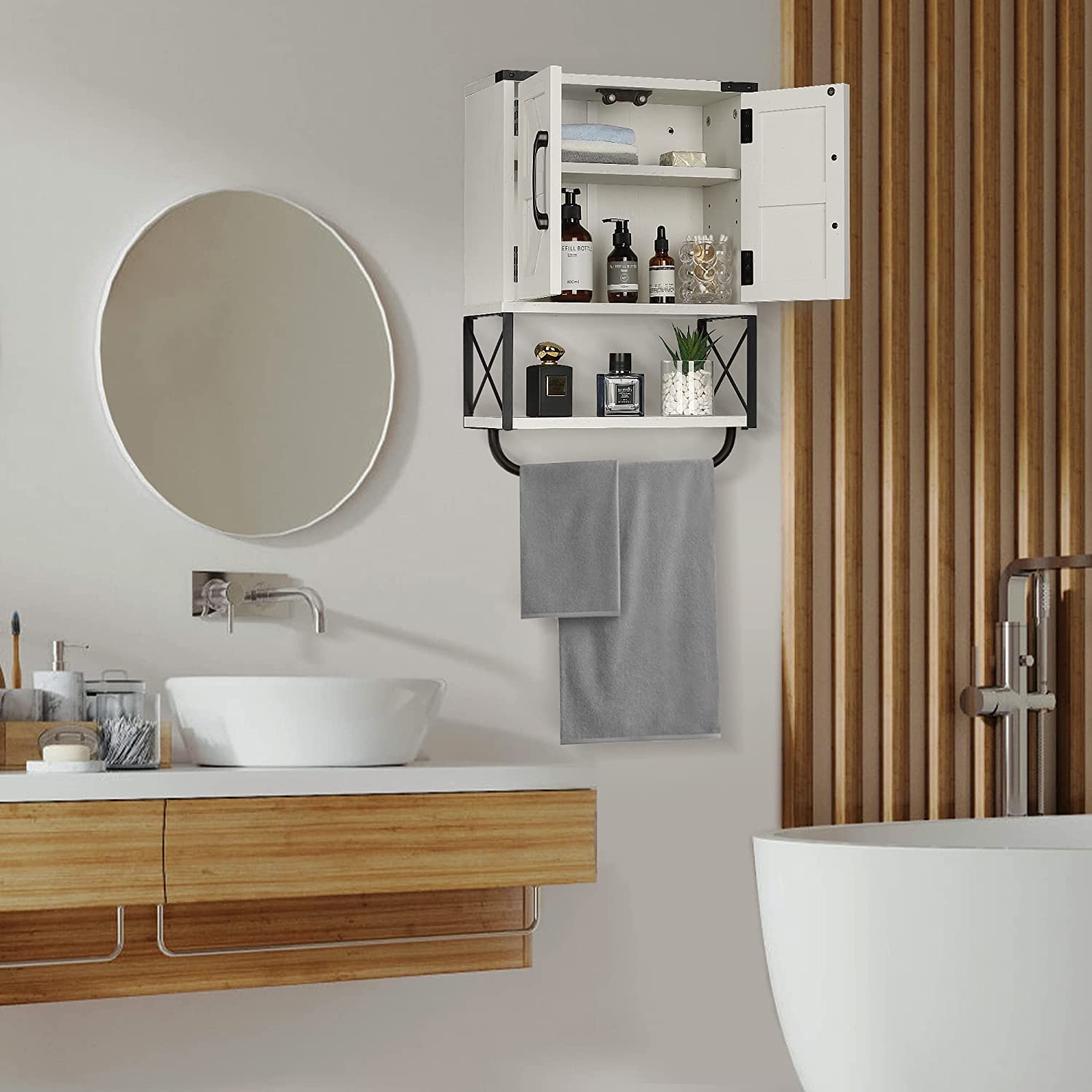
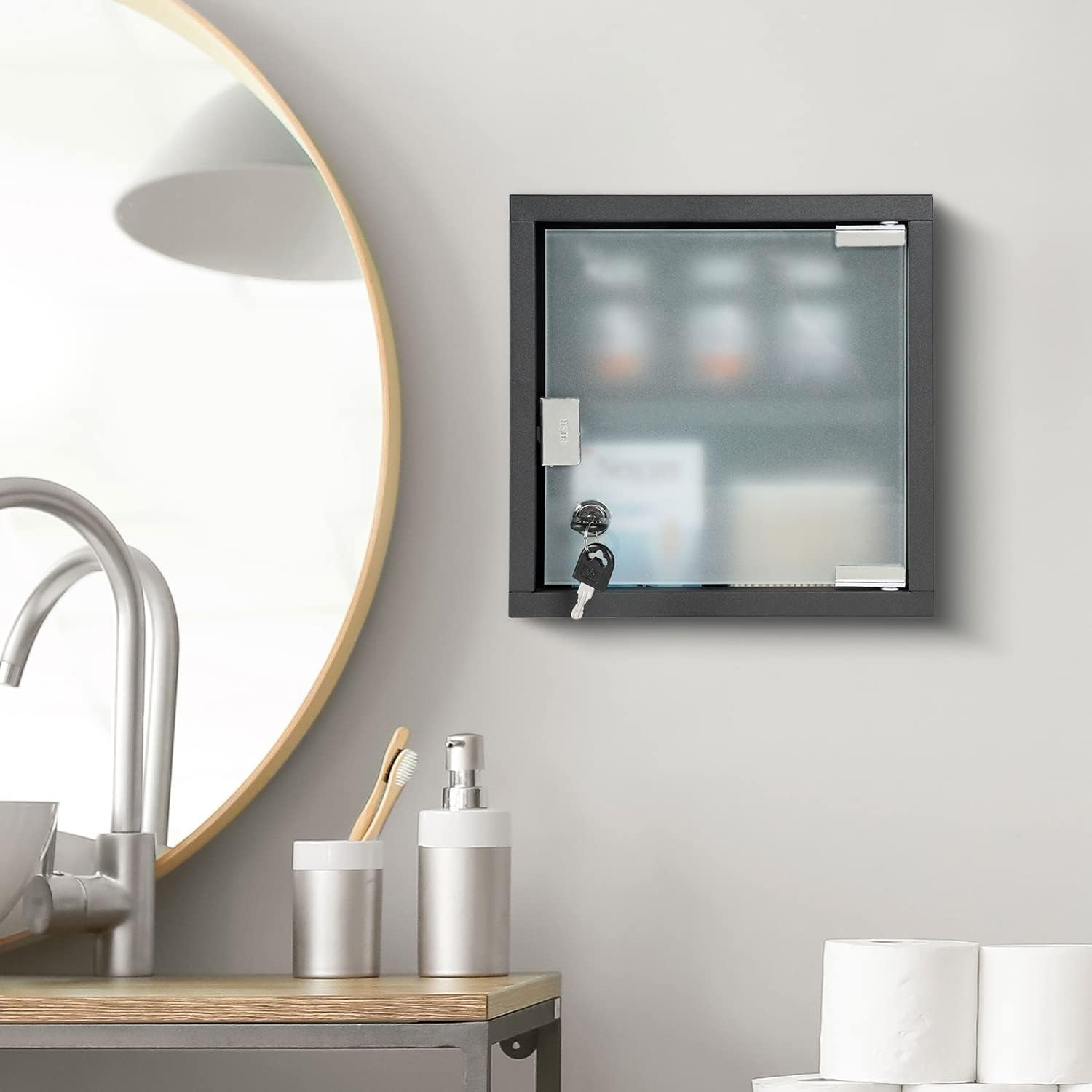
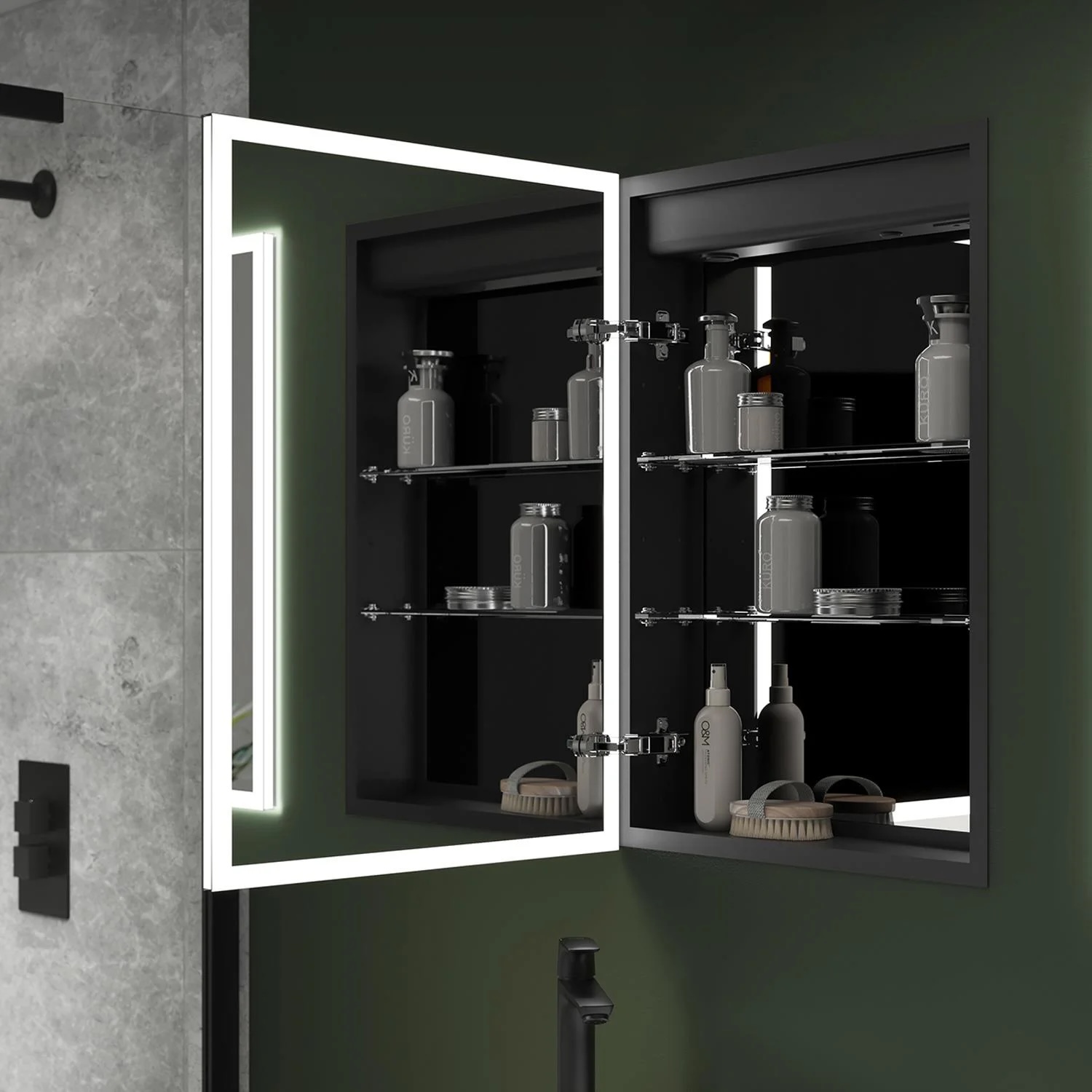
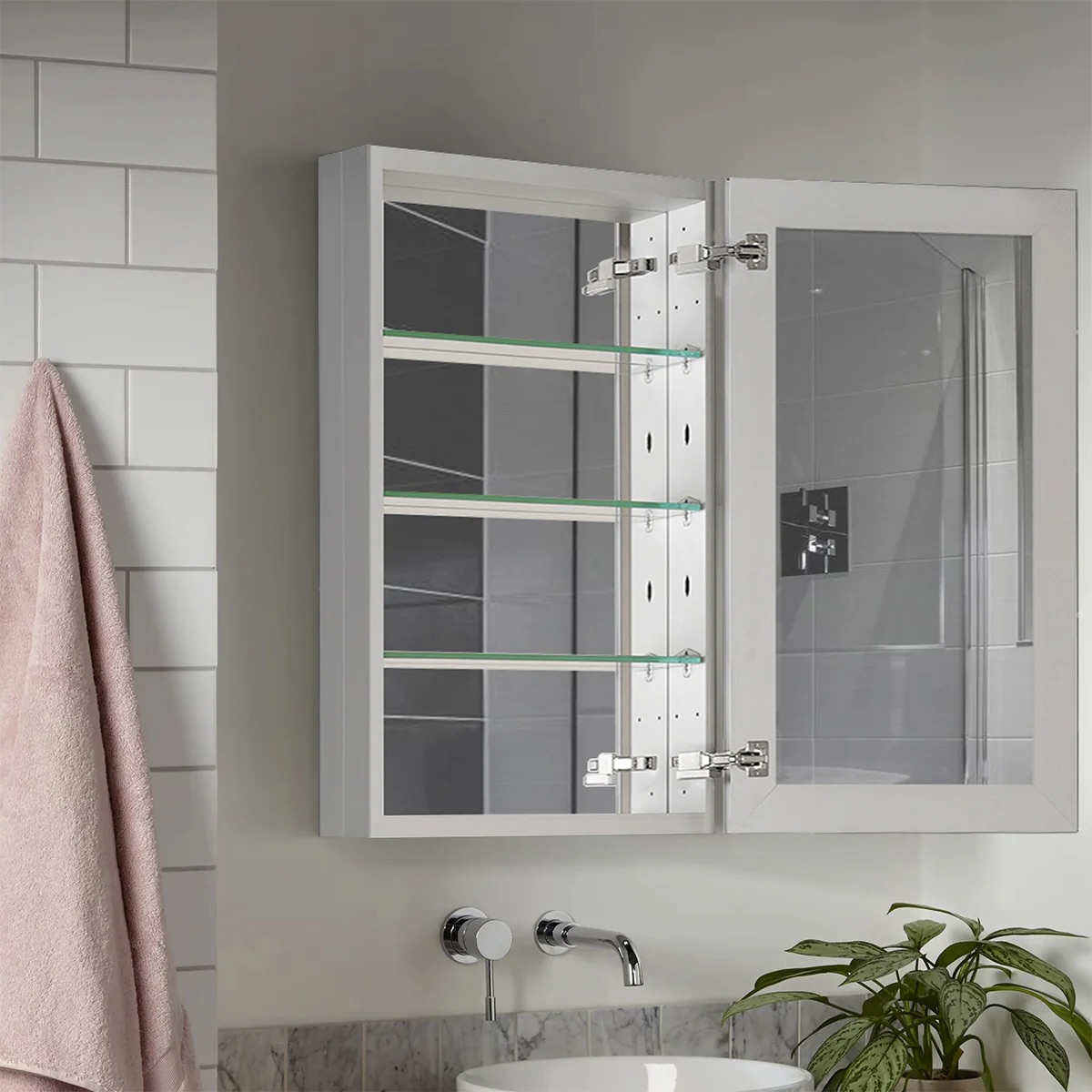

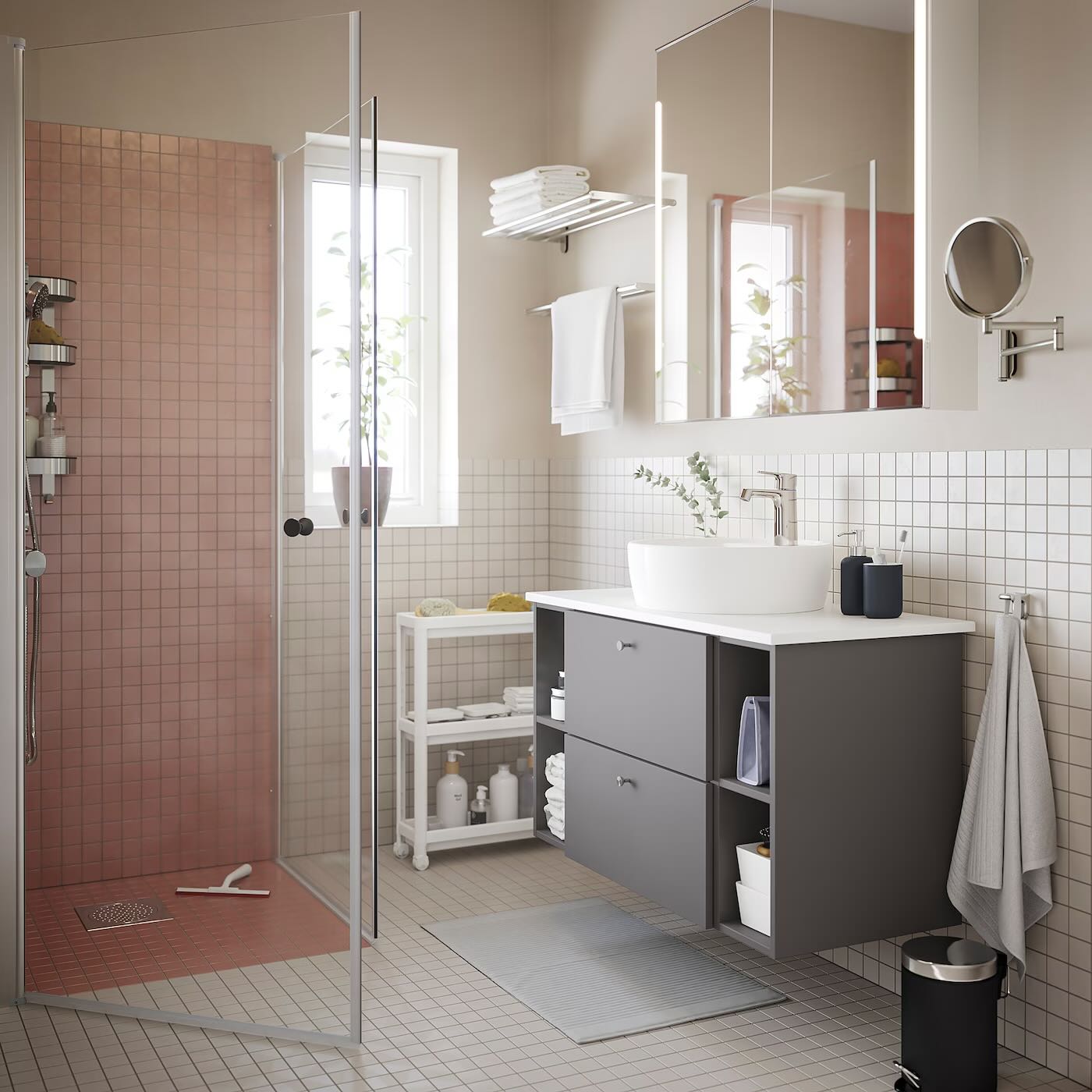

0 thoughts on “How To Organize Medicines”